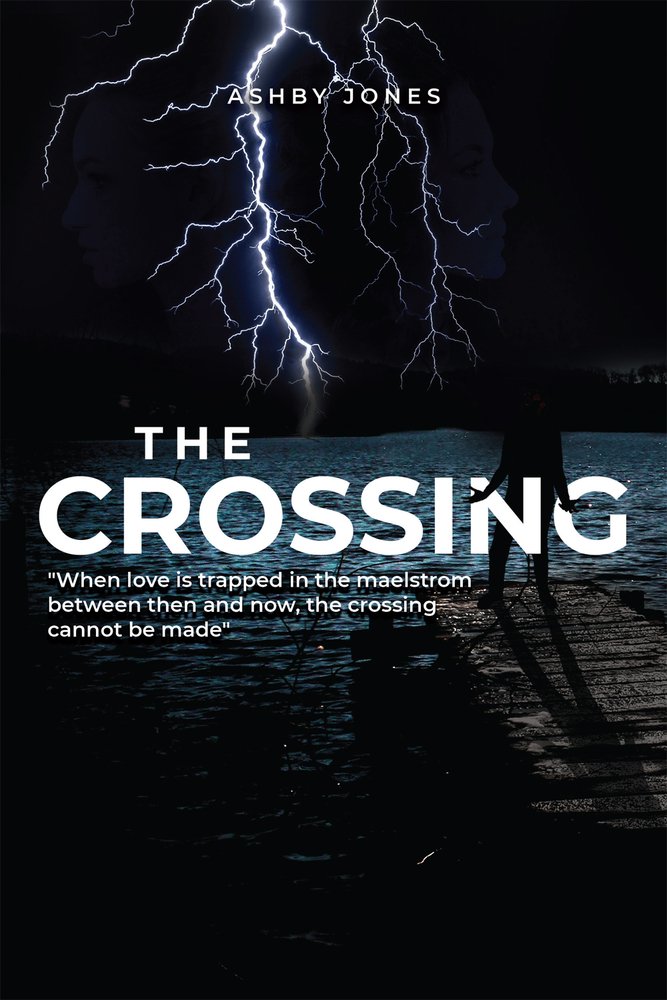The Crossing

The Crossing is a powerful and haunting love story of surprising discovery set in Manhattan’s Hell’s Kitchen during Prohibition. Irish-born Johnny Flynn, a former British soldier, is banished from his homeland and sent to America on a ship so riddled with disease that he realizes the voyage was meant to murder him. When he survives the trip, the captain forces him to walk the plank into the Hudson River. Miraculously, an Irish gang, the Swamp Angels, rescues Johnny and gives him a job running whiskey in Hell’s Kitchen just as Prohibition makes liquor a hugely profitable, dangerous business.
Fighting for his life and livelihood, Johnny is plagued by the memory of his lost lover, Nora, whose father, the famed Irish revolutionary, James Connolly, met his death by a firing squad that included a reluctant gunman named Johnny Flynn. Nora’s last words to him, when she learned of his betrayal and left him, “I love you, Johnny Flynn”, echo in his heart, leaving him pulsing with guilt, yearning, and hoping that she might yet forgive him.
One night, drunk on the floor of Hailey’s speakeasy, Johnny encounters a seeming apparition on stage, the ghostly Esme, an Irish singer who suffered unspeakable horrors at the hands of the British Black and Tans. Johnny is dazzled by her. From Esme, Johnny learns how to overcome the desire for revenge, only to discover that she, too, clings to her own dark dream of retribution.
As he grapples with taking responsibility to help others resolve this overwhelming dilemma, he learns that Nora is coming to New York to advocate for Irish independence. As he confronts her and soon thereafter receives a piercing love letter from Esme, the story comes to a turbulent climax.
<p dir="ltr" style="line-height:1.2

Ashby Jones’s passion is writing literary fiction that attempts to understand mankind’s never-ending battles with irony, tragedy, blatant contradiction, and the anomalies of love. Such is the focus of The Crossing, a stand-alone sequel to The Angel’s Lamp, his first novel. Ashby studied under such notables as William Hoffman, a best-selling author, and years later at U.C.L.A. under Leonardo Bercovici, a highly regarded screenwriter.

